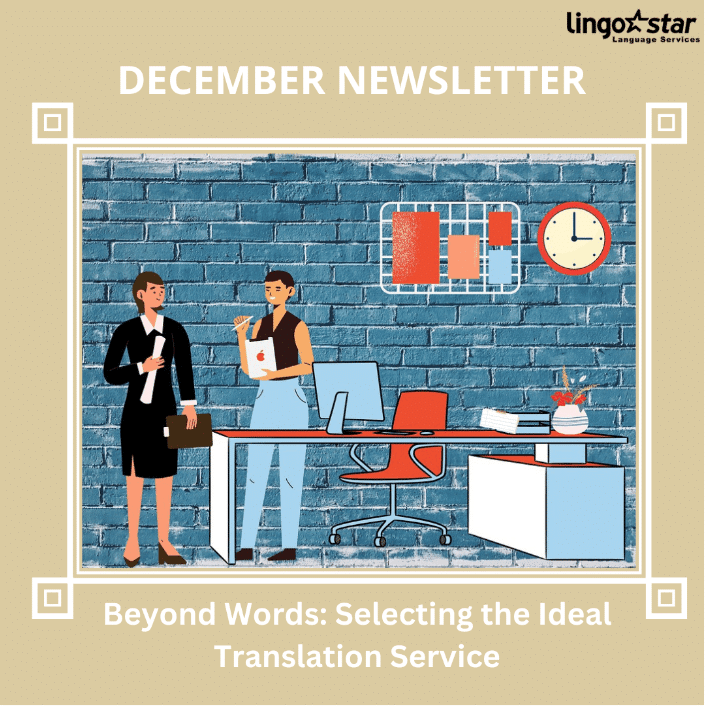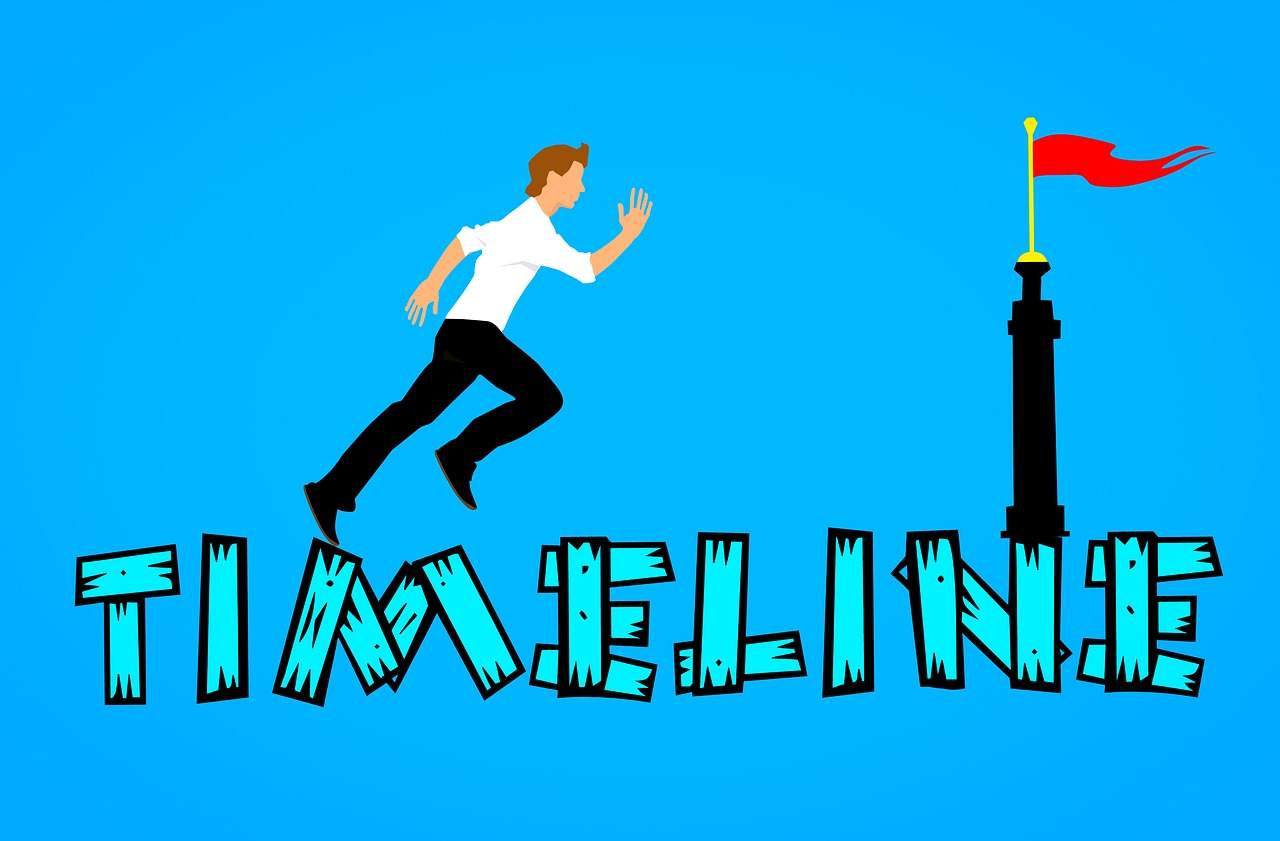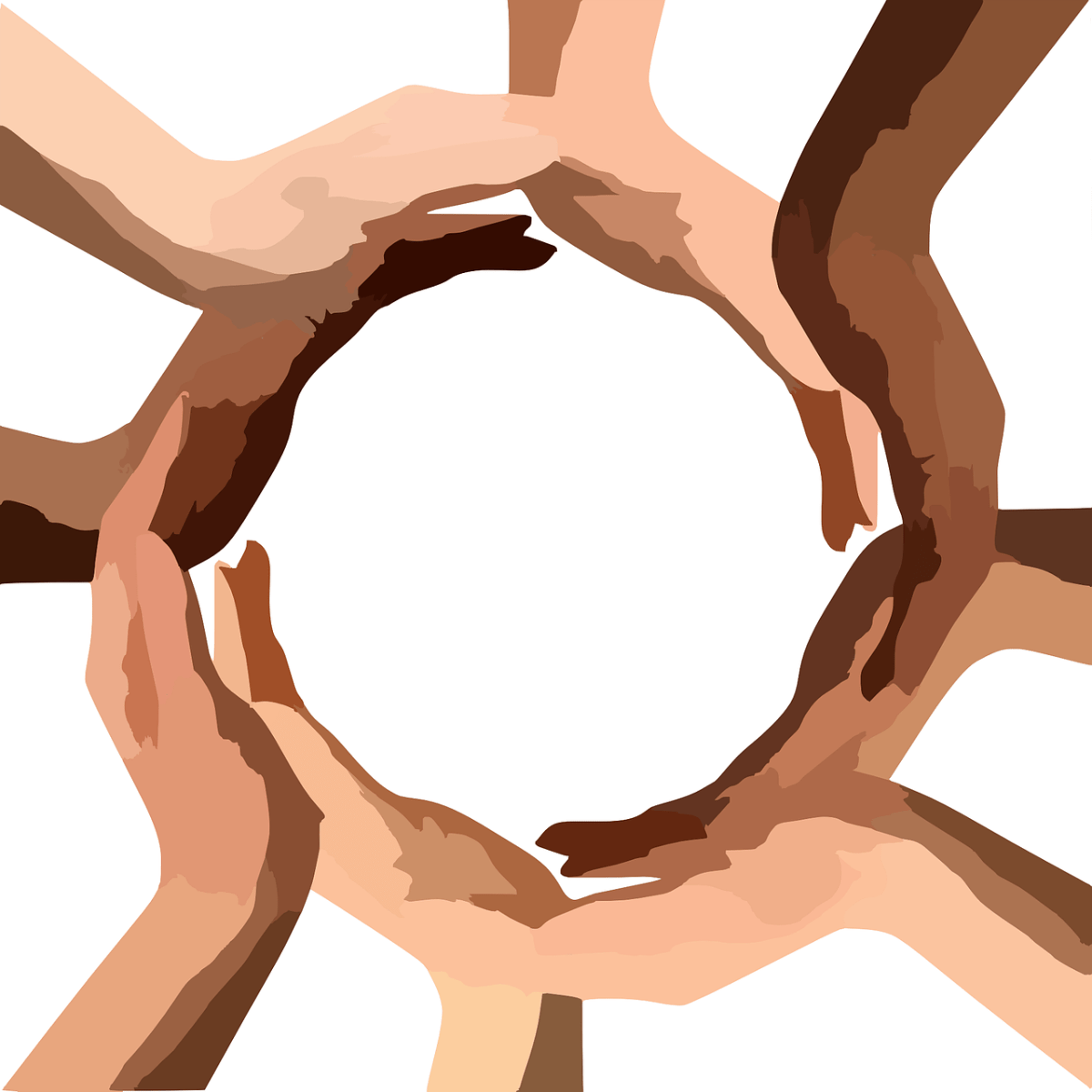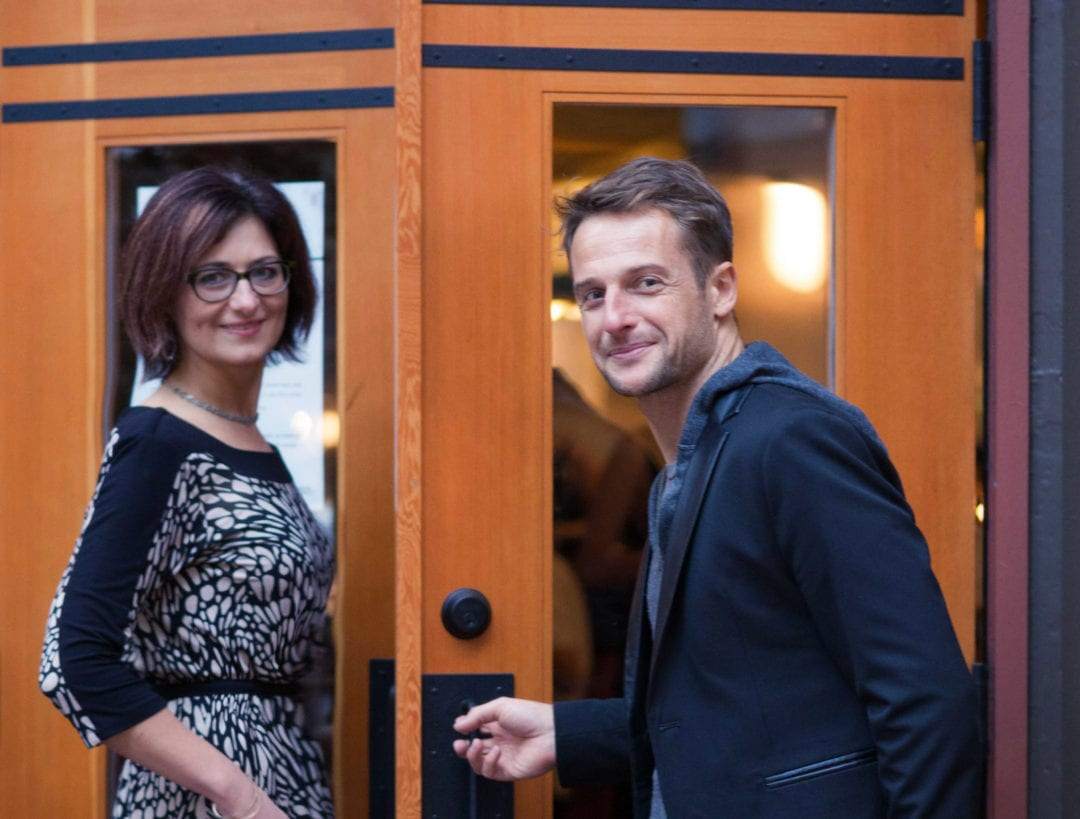Translation Services Canada – Welcome to LingoStar
Established in 2004, LingoStar Language Services is a versatile and resourceful language services company dedicated to excellence in quality and customer service. We provide cultural and industry-appropriate language solutions tailored to your specific needs. Ready to go global? Do you want to reach multilingual communities?
Read more about LingoStar’s translations…
Explore Website Translation & Localization | LingoStar
Interested in website translations? Go global with your multilingual site!
Read more about multilingual websites…
Download our FREE eBook or Read more about LingoStar website translation guide…
Website Translation Free E-book
TRANSLATION
LingoStar provides translation of all types of written documents of any kind of complexity. Whether it is a personal document, a complex medical report, a technical manual, or a patent of a new design – we are here to help you.
INTERPRETATION
Are you looking for the right person to interpret spoken texts in a conference, provide training, or translate verbal negotiations? LingoStar Language Services can help you find a professional interpreter that will fit your exact needs. Reach out to multilingual communities with our interpreters.
VOICE-OVER
All of your audio and media files need to be localized if you want to attract your target audience. Voice-over translation is perfect for this purpose. With LingoStar you can find the perfect voice-over artist to help your business reach your target market.
WEBSITE TRANSLATION
Do you want to establish credibility with international customers? We can provide website translation to French, Spanish, Chinese, Russian, and many other languages to help your customers understand and use your services or products.
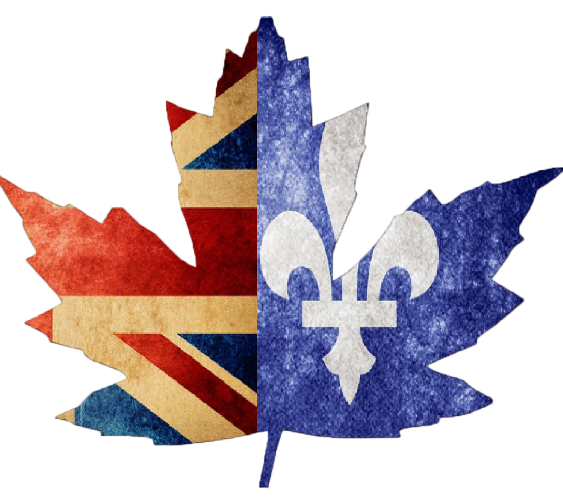
GO CANADIAN. GO BILINGUAL.
We are a Canadian company and specialize in English to French translation.
Need translation from Canadian French into English or English into Canadian French?
EMPLOYMENT OPPORTUNITIES
LingoStar is looking for reliable freelance translators, interpreters, proofreaders, desktop publishers, voice-over artists, transcribers, tutors, tour guides and other language professionals who will work with us to deliver high quality services within set deadlines.
MOST RECENT BLOG ARTICLES
Dutch and Flemish: Language Differences
Discover Dutch and Flemish The Dutch and Flemish languages have many things in common. But they also have differences. Dutch is the official language of the Netherlands and one of the three official languages of Belgium. The population of Flanders, a northern Belgium region wedged between the North Sea and the Netherlands, speaks Dutch. However, the variant spoken here is known as Flemish. Flemish speakers account for 59% of the Belgian population. There are four principal Flemish dialects in Flanders. There is Brabantian, Limburgish, East Flemish, and West Flemish. But how do Dutch and Flemish differ from one another? Main differences between Dutch and Flemish The variations of this language don’t lay in grammar. The differences are in vocabulary and pronunciation. Usually, there are no changes in grammar; but in some dialects, the word order can change a little. Dutch speakers generally tend to pause between words; in Flemish, the words are often strung together. Let’s talk about the differences in pronunciation. Even those who don’t speak the language can perceive a variation in the pronunciation of different words. This is because the pronunciation of Flemish is more similar to French than Dutch, as Dutch leans more towards English. One example of this is the scraping G. The further you move south (from the Netherlands to Belgium), the sound of the letter G becomes softer, more like the French sound of the letter. The flow of words also becomes more relaxed. So we could say that Belgium has the softest version of Dutch (at least if we don’t take into account the African variants of the language). Do Dutch... read moreDutch Translations in the Netherlands – What Is Happening to Dutch?
The vast majority of the people who live in the Netherlands speak English fluently. So do we need English and Dutch translations to target people in the Netherlands? In fact, at 70%, the Netherlands has the highest percentage of non-native English speakers in the world. The Netherlands is the only country in the European Union that doesn’t require foreigners to speak its own native language. This means that if you want to get a job, live, or even go to university there, you don’t need to prove that you speak a minimum level of Dutch. It is true that in most cases, students usually have to prove their language skills in the country’s official language before enrolling at a university; however, in the Netherlands, this is not the case, since many Dutch universities offer degrees in English. So compared to other countries, it is exceptionally easy to live in the Netherlands without speaking the country’s native language. About the Dutch language We may consider Dutch a small or not widely used language, but people actually speak it in several countries: it is the official language of the Netherlands and Belgium, where it takes the name of Flemish. People also speak it in Aruba, Suriname, Curaçao, Sint Maarten, Germany, etc. Dutch has its roots in a dialect of Low German and a lot of its words come from English. This is why people usually say that Dutch is a mix of German and English. Dutch has 23 million native speakers all over the world. As we have mentioned before, Dutch is spoken in several countries: the Netherlands, Belgium, etc. However,... read moreTranslation Internship English and French in Canada
In this blog post, we’re introducing our former French intern who has completed an internship with our company. She’s described the process of looking for a translation internship and what her learning outcomes were. If you’re interested in looking for a translation internship in Canada, read on! Let me introduce myself. I’m a French university student and my mission was to complete an internship in Canada. Indeed, this is a requirement of my translation studies. This internship is part of the second year of my master’s degree in translation. Following a bachelor’s degree in translation (English/Portuguese and French) and then a master’s degree, this internship was the way to conclude my five years of studies in this field. My internship didn’t have to satisfy a long list of requirements. I had to work with one of my languages, evolve in a professional translation environment (translation agency/department or an independent translator) and a professional had to supervise me. Looking for an internship in a translation agency in Canada After an internship with an independent translator last year, it was logical for me to do this one in a translation agency. I wanted to discover precisely how an agency works from the inside, how to manage a project, and also be able to work on a range of diverse projects. Diverse in terms of languages but also services, not only translation but also interpreting, subtitling, and more. I wanted to combine this internship and my desire to discover Canada. It’s for this reason that I started researching Canadian agencies. Finding a translation agency LingoStar is one of the first agencies where... read moreLingoStar Translation Agency has launched a new series of interviews and stories about interesting people and artists who recount their life experiences to us. We are happy to know that there are so many talented, extraordinary people and that we have a chance to share these stories with you!
If you have a story to share with us, it can be featured here too!
Showcase your art & skills by providing us with an interview.
Do you love languages and different cultures? Tell us your life story!
Has translation helped your company thrive? Be our case study!
Working with LingoStar on many multilingual projects for both translation and voice-over is a real pleasure. Their work is extremely well-managed and the attention to detail – a must in the translation field – is outstanding. Thank you, LingoStar!
Gemma ScottLingoStar consistently delivers on time and in the format that best suits the needs of our business. We often need last-minute translations, and LingoStar’s highly professional team of translators has never disappointed.
Sina Noureddin
MOST TRANSLATED LANGUAGE PAIRS IN OUR OFFICES:
Vancouver
%
English to Chinese Translation
Toronto
%
English to French Translation
USA
%
English to Spanish Translation














